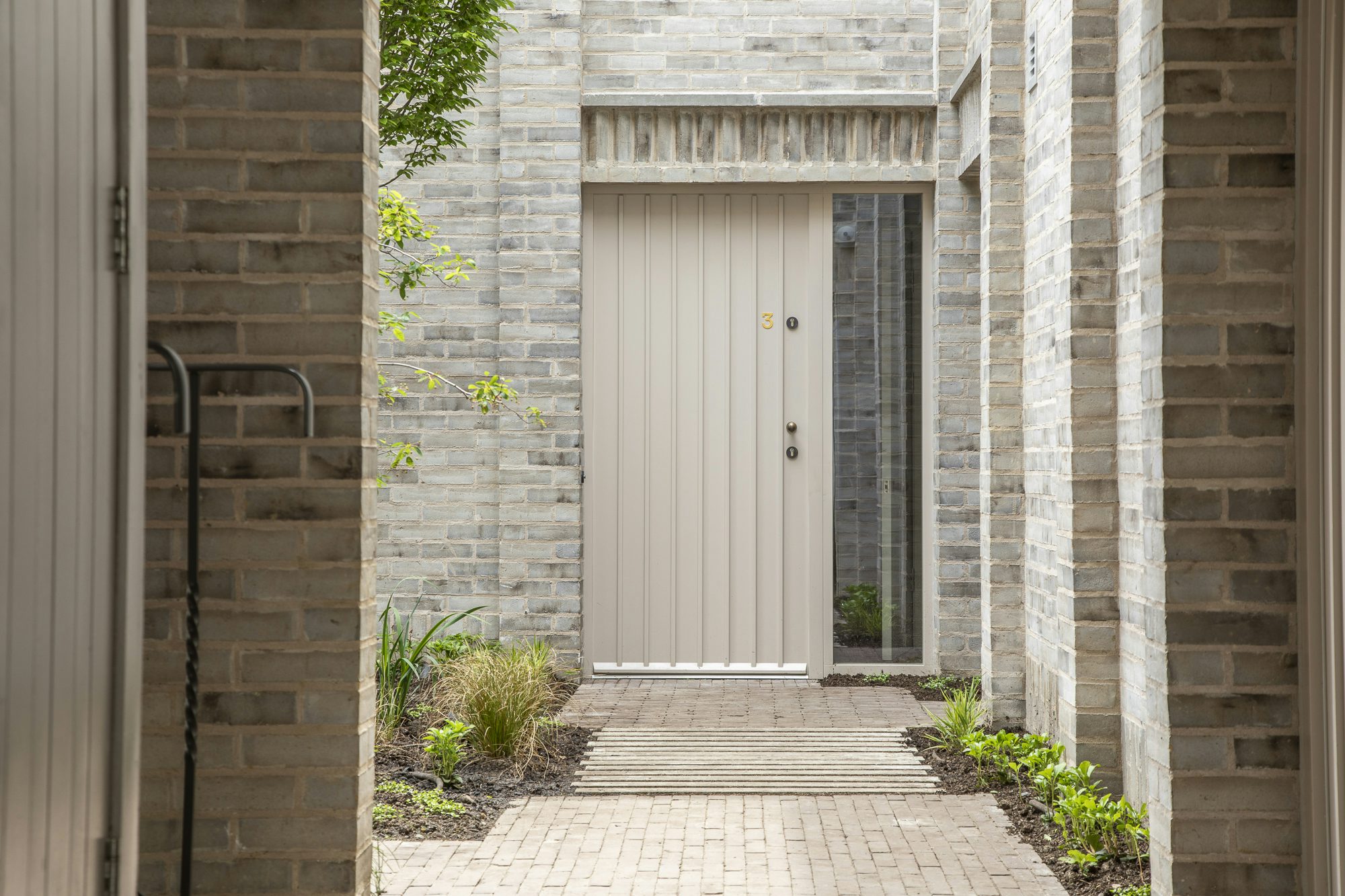Creating spaces for you to live and work, since 1895.
Homes to Let
From our head office in Fulham, we own and let out more than 200 characterful homes in South-West London.
A number of our properties are within listed buildings that have been sensitively converted, making them very special places to live. Over the last 125 years we’re proud to have built up long-term relationships with so many of our residents and occupiers.
From Battersea to Barnes and Earls Court to Earlsfield, we are the South-West London property experts.
Workspaces to Let
Whether you’re looking for a small studio, a sprawling warehouse or innovative retail space, our commercial properties across South-West London offer something for everyone.
We’ve attracted a fantastic tenants over the years, including Kevin McCloud, notonthehighstreet, Rick Stein, Anya Hindmarch and Rob Van Helden Floral Design. We have redeveloped some of the area’s most interesting historical buildings, including the Plough Brewery in Battersea, The Old Power Station in Mortlake and the old Conservative Club in Fulham.
Not only does our business have provenance, so do our buildings.
Building Projects
We have a long history of buying and developing homes, hotels and workspaces across South-West London and beyond.
Our strong building pedigree means we’re well versed in the construction process, whether building in-house or managing external contractors. We’re also familiar with the challenges that can arise when securing workable planning, listed building consents and dealing with local authorities.
Our completed developments are then either sold or added to our growing rental portfolio. And we also work with landowners who wish to either retain control or profit-share through a joint venture or partnership agreement.
We know that London's characterful buildings make the best places to live and work, so if you're looking to rent a home or workspace, you'll find we have some of the most desirable properties in London.
We ensure that all of our residential and commercial building retain their period charm, each with plenty of features and a unique story to tell. As a family business of of 125 years, we own all of our properties and let and manage them directly, occasionally with help from our local agents.
Marston Properties
Hugon Road
London
SW6 3AQ
020 7736 7133
